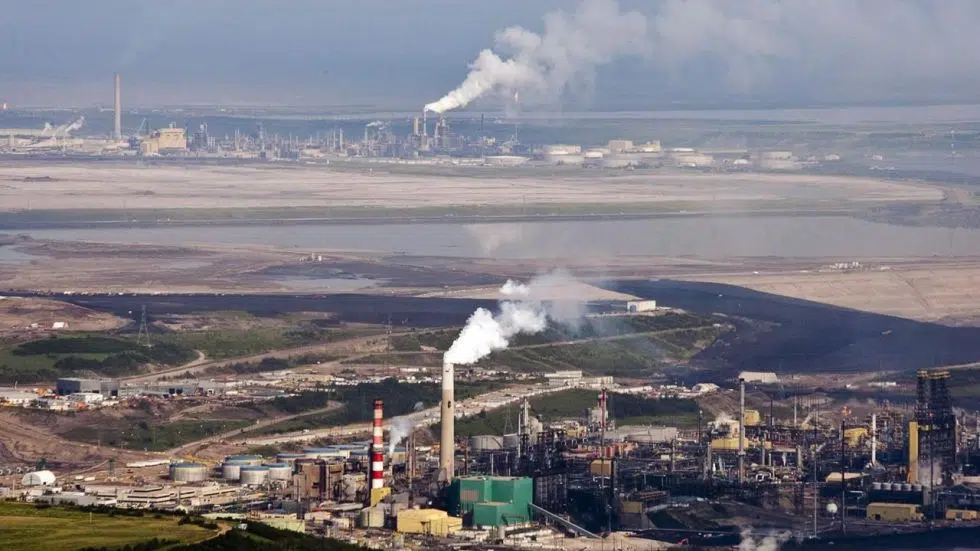
Oil companies: reminiscent of the tobacco industry of the 1970s
A RECENT OPINION PIECE in the Financial Post by Gwyn Morgan, founding and now retired CEO of EnCana, tackles the oil/jobs/climate change debate from the perspective of one who made his fortune in the fossil fuel industry.
Obviously pro-oil and disbelieving of climate change, Mr. Morgan feels it is time for a reality check, stating, “Fossil fuels currently supply more than 80 per cent of global energy. And the largest portion is crude oil. World oil demand is expected to grow by 1.2-million barrels per day in 2018, more than twice the capacity of the Trans Mountain expansion. The median of authoritative forecasts sees oil demand growing from the current 98-million barrels per day to at least 110-million barrels per day by 2030.”
In Morgan’s mind it is all about money and jobs as he explains, “All this schizophrenia, hypocrisy and fantasy [about alternative energy and climate change] have formed a debilitating cocktail sacrificing the livelihoods of hundreds of thousands of Canadians, along with the economic prosperity and investor reputation of our nation.”
Interesting points, although I believe the hundreds of thousands of Canadian jobs being sacrificed is an estimation that’s a bit over the top. However, I’m not here to encourage a debate over questionable statistics. Instead, I am writing today as a way to encourage a discussion about attitudes of a future that will happen sometime after everyone reading this piece has passed away. So it’s a future that may involve your children or your grandchildren and they will either question or admire the decisions you made today.


